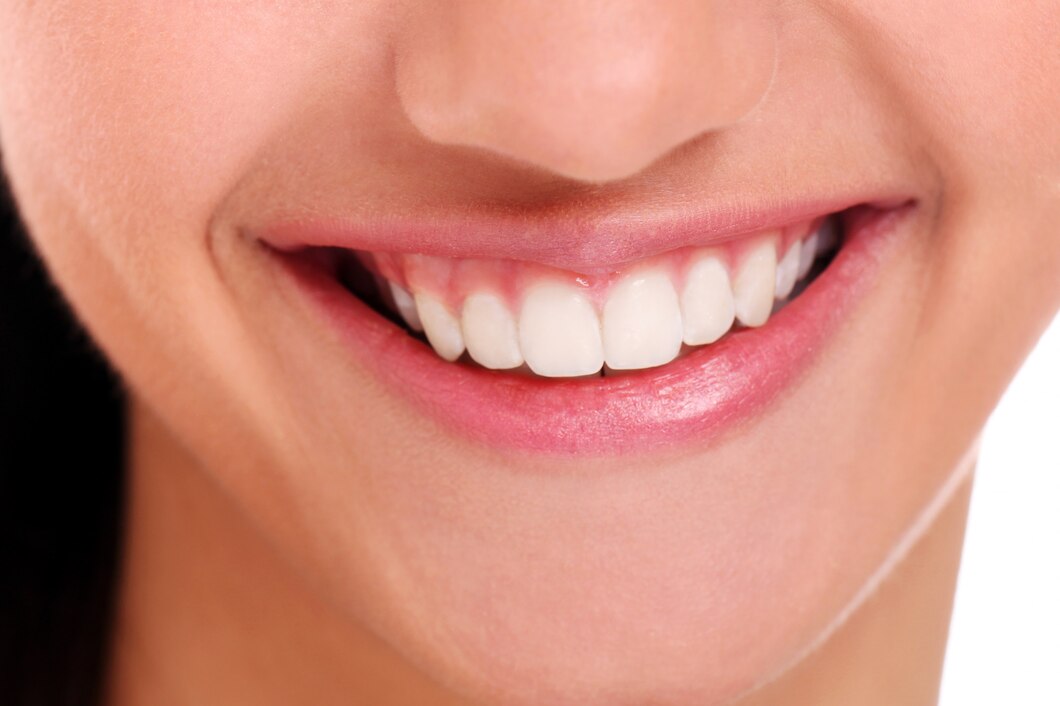Puberty is a crucial phase in an individual's growth, during which the body undergoes significant changes due to hormonal surges. Hormones such as estrogen and testosterone , which increase during this period, not only impact physical and emotional development but also have a significant effect on dental and oral health. Many teenagers may not realize that these hormonal changes can trigger dental health issues, such as an increased risk of gingivitis, bleeding gums, and other concerns that require special attention.
Swollen Gums and Gingivitis
One of the main effects of hormonal changes during puberty is the increased blood flow to the gum tissues. Estrogen and progesterone levels, which rise in teenage girls in particular, can make the gum tissues more sensitive and more prone to inflammation. As a result, many teenagers experience swollen gums and gingivitis, an inflammation of the gums characterized by red, swollen, and easily bleeding gums when brushing or flossing. This is often triggered by plaque buildup due to poor brushing habits or infrequent flossing.
Saliva
Additionally, hormonal changes also affect the composition of saliva. During puberty, hormonal fluctuations can lead to a reduction in saliva production or changes in the quality of saliva itself. Saliva, which acts as a natural protector of teeth by helping rinse away food particles and neutralize acids in the mouth, becomes less effective. This increases the risk of plaque formation and tooth decay. A drier mouth makes it easier for bacteria to thrive and produce acids that damage tooth enamel.
Plaque
Moreover, dietary habits that change during puberty also contribute to poor dental health. These habits, such as consuming high-sugar and high-carbohydrate foods, often increase. Hormonal surges frequently make teenagers more susceptible to cravings for sweet foods and beverages, which provide the primary food source for plaque-causing bacteria. If these habits are not counterbalanced with proper oral hygiene, the risk of tooth decay and other oral health problems increases.
Because of the impact hormones have on dental and oral health, it is important for teenagers to pay closer attention to their oral hygiene during puberty. Increasing the frequency and quality of brushing, as well as using dental floss daily, are steps that can help prevent plaque buildup. Additionally, regular visits to the dentist for checkups and professional cleanings can help detect problems early and provide proper treatment.
Puberty brings many physical and hormonal changes that can affect dental and oral health. With a better understanding of how hormones influence oral conditions, teenagers and parents can work together to adopt good oral hygiene habits.
Given the long-term effects of poorly managed dental issues, paying extra attention to oral health during puberty is an important investment for better dental health in adulthood. This supports the achievement of Sustainable Development Goals (SDGs), particularly SDG Goal 3: Good Health and Well-being, SDG Goal 4: Quality Education, and SDG Goal 5: Gender Equality.
Author: Rizky B. Hendrawan | Photo: Freepik

